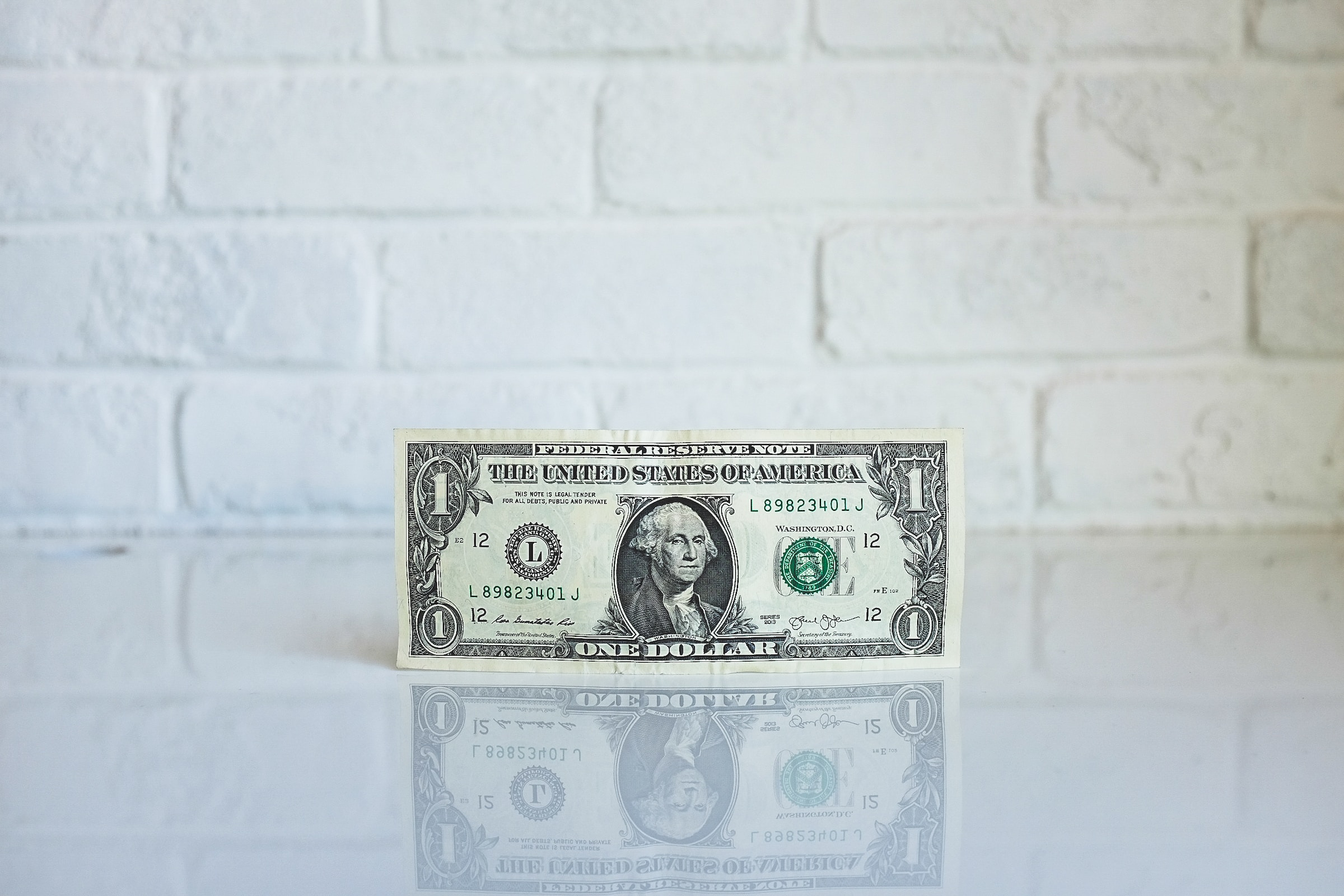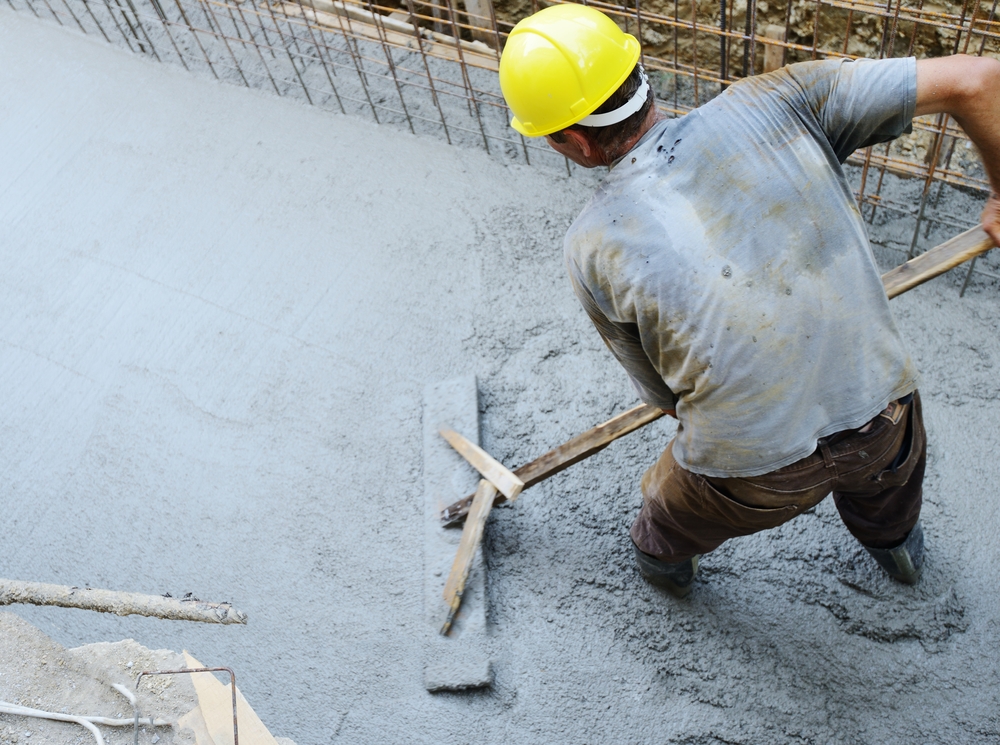When it comes to purchasing a home, whether it is a new home or a pre-foreclosure, there are various financial considerations that potential buyers need to keep in mind. Two significant aspects of the homebuying process are closing costs and down payments.
While they both involve upfront payments, they serve different purposes and understanding the distinctions between them is crucial for a smooth home purchase. We will explore the relationship between closing costs and down payments, when they need to be paid, and how they affect the overall cost of buying a house.
Are Closing Costs and Down Payment the Different?
Yes, closing costs and down payment are different. Closing costs are fees and expenses associated with finalizing a home purchase, such as appraisal fees, title insurance, and attorney fees.
Closing costs are separate from the down payment. The down payment is a percentage of the home's purchase price that the buyer pays upfront to reduce the loan amount required from the lender. While both closing costs and down payment are paid at the closing, they serve different purposes and cover distinct aspects of the homebuying process. It's important to understand the differences between these two financial obligations when budgeting for a home purchase.
How Do Down Payments and Closing Costs Work Together?
Down payments and closing costs are crucial aspects of the homebuying process, but they serve different purposes. A down payment is a percentage of the home's purchase price that the buyer pays at closing, reducing the loan amount required from the lender. Closing costs, on the other hand, encompass fees and expenses related to finalizing the home purchase. While they both require payments at closing, it's important to understand that down payments and closing costs have distinct roles.
When To Pay Closing Costs and the Down Payment
Closing costs and the down payment are typically paid during the closing process, which is the final stage of the homebuying journey. At this meeting, where legal and financial documents are signed, the buyer is expected to pay both the closing costs and the down payment. To ensure a smooth transaction, it's essential to plan ahead and have the necessary funds available for these expenses.
Do Closing Costs Include a Down Payment?
No, closing costs and down payments are separate expenses. Closing costs cover fees and expenses associated with the home purchase, while the down payment directly reduces the loan amount. Although both are paid at the closing of the loan, they serve different purposes and are not interchangeable.
Is the Down Payment Included in the Loan Amount?
The down payment is not included in the loan amount. Rather, it acts as a direct payment to the seller, reducing the financing required from the lender. By demonstrating a financial commitment to the property, buyers may secure better loan terms, such as a lower interest rate or potentially the avoidance of private mortgage insurance (PMI) requirements on select loan products
Are Closing Costs Based on the Loan Amount or the Purchase Price?
Closing costs are typically based on the purchase price of the home, not the loan amount. However, it’s always good to know your loan options when looking at closing costs.
These costs, which include various fees and expenses, are calculated as a percentage of the purchase price, loan amount and a fixed fees. Factors such as location and specific transaction details can influence the exact amount, but the purchase price & loan amount remains the primary determinant.
How Much is Down Payment and Closing Costs?
The down payment and closing costs can vary depending on factors such as the purchase price of the home, the type of mortgage loan, and the location of the property. Generally, the down payment is a percentage of the home's purchase price, typically ranging from a minimum of a few percent up to a maximum of around 20%. However, there are some loan options that allow purchasers to buy a home with no money down.
Closing costs, on the other hand, are typically calculated as a percentage of the purchase price and can range from a few percentage points to several percentage points. It's important to keep in mind that the specific amounts for the down payment and closing costs will depend on the individual circumstances of the home purchase and the chosen loan program. Consulting with a mortgage lender or real estate professional will provide a more accurate estimate tailored to your specific situation.
How to Pay the Down Payment on a House at Closing
When it's time to pay the down payment at the closing, buyers have a few payment options. The most common method is providing a certified or cashier's check for the down payment amount. This ensures that the funds are readily available and can be smoothly processed during the closing.However, title companies can limit the amount brough via cashiers check.
Wire transfers are another secure and convenient option for paying the down payment. Buyers should coordinate with their title company to obtain specific instructions and ensure timely transfer of the funds.
In some cases, buyers may be able to use funds from retirement accounts or receive gift funds from family members to cover the down payment. However, it's important to consult with a financial advisor, tax accountant, or mortgage professional to understand any potential implications or restrictions associated with these options.
Understanding the differences between closing costs and down payments is crucial for a successful home purchase. While they are both upfront expenses, they play distinct roles in the overall transaction. By planning ahead and having a clear understanding of these financial aspects, homebuyers can navigate the closing process with confidence.
If you are in the market to purchase a home in Tennessee or Kentucky, our team at Valor Mortgage can help you get started on your home buying journey. You can start the pre-approval process by filling out the home application form here, and get started on owning your home. We’re looking forward to helping you take the next step of your home buying journey.






